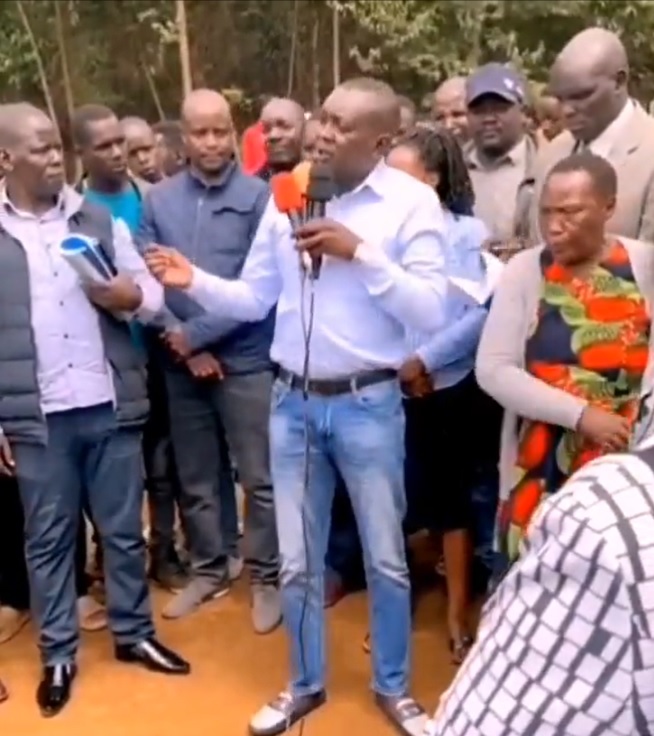“Rutoism Must Go”: New Naming Convention

Kenyans are used to referring to political regimes by the name of the sitting president, hence the phrase ‘Ruto Must Go’ for the current regime. “Rutoism” has replaced this traditional naming convention.
“Rutoism”, according to the youth, specifically targets not just the president himself, but the entire regime associated with President William Ruto.
The term means a collective accusation of the current administration under the president, characterized by allegations of arrogance, corruption, incompetence, opulence among leaders, and an overall failed system. It also represents a critique of the actions, policies, and governance style attributed to the regime. which many Kenyans perceive as not working in the best interest of the nation.
By saying “Rutoism must go,” demonstrators and critics are calling for and demanding a complete overhaul of the leadership and governance practices. The argument is that the current government symbolizes a continuation of deep-rooted problems and maladministration that have plagued Kenyans for decades.
The Spark Igniting this Wave
The current protests are traceable to the contentious Finance Bill of 2024, an act that many Kenyans say only threatened to worsen the already difficult economic situation. Proposed by the Ruto government, the bill has stirred great uproar among the people, coupled with arrogance and ignorance from politicians who defended it despite calls to drop or amend it.
Leading to the June 25th events that resulted in deaths, injuries, and abductions, sentiments from thousands of protesters showed mounting frustrations over the bill believed to be detrimental to every Kenyan. Some of the demonstrators’ sentiments are evidenced in the social post below.

The protests have so far caused loss of 50 lives, and 413 injuries, which the Kenya National Commission of Human Rights has attributed to the use of excessive force by the police while trying to contain the protests in various parts of the country.
Among the recent worrying developments is the case of the Kware dumpsite victims, where Collins Jamaisu Khalisia is alleged to be the main suspect linked to the killings. The incident has sent shockwaves throughout the country. But the youth are now questioning how fast the police have managed to locate, identify, and link Collins to the serial killing at Kware. They need further convincing that Collins is the killer since the accused has confessed he was tortured and forced to confess to having killed 42 women, his wife included.
Second to the Kware killings is the case of veteran journalist Macharia Gaitho, who the police have admitted to mistakenly arresting while in search for Francis Gaitho, who has been charged with tweeting false information on the alleged Rongai and Githurai massacres, and missing persons and released on cash bail.
Government’s Appeal
Meanwhile, in a press release on Thursday, the government spokesperson Isaac Mwaura, apologized to Kenyans for the arrogance and opulence of public officials and called on the Kenyan youth to stop the protests.
Mr Mwaura noted that the government has already lost Ksh 6 billion in revenue due to the protests.
This announcement followed an earlier one from the police that protests within the Nairobi Central Business District and its environs have been banned.
But the new ‘Rutoism Must Go’ naming convention is already on. The government must do a lot of convincing to the youth that the entire system, as perceived to be fostering corruption, incompetence, arrogance, and a lack of accountability, is doing everything possible to address every issue raised.





